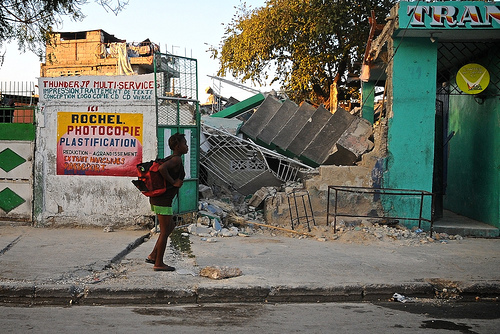“There’s a coffee machine in the corridor. There’s no cafeteria, although students and staff can order food delivered to the office pantry one floor down.
‘I’m thrilled and proud to attend Hamburger University,’ said Zhou, who in 2007 started as a management trainee in the central Chinese city of Changsha, a job for which she and seven others were among 1,000 applicants. That’s a selection rate of less than 1 percent, lower than Harvard University’s record low acceptance rate last year of about 7 percent, according to the school’s official newspaper.”
Best Quote
“Now my father has stopped trying to persuade me to work in banking.” – Sun Ying, McDonald’s Shanghai Store Manager
What do you think?
With college graduates fighting to get into Hamburger University, can a Chinese obesity crisis be far behind?

